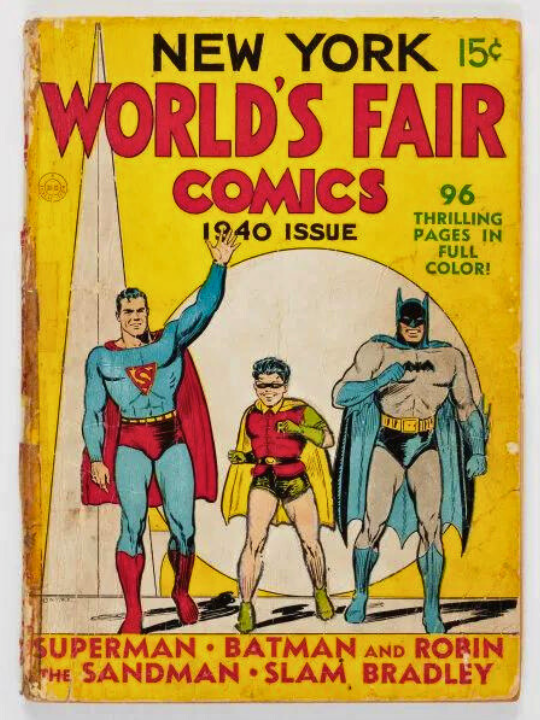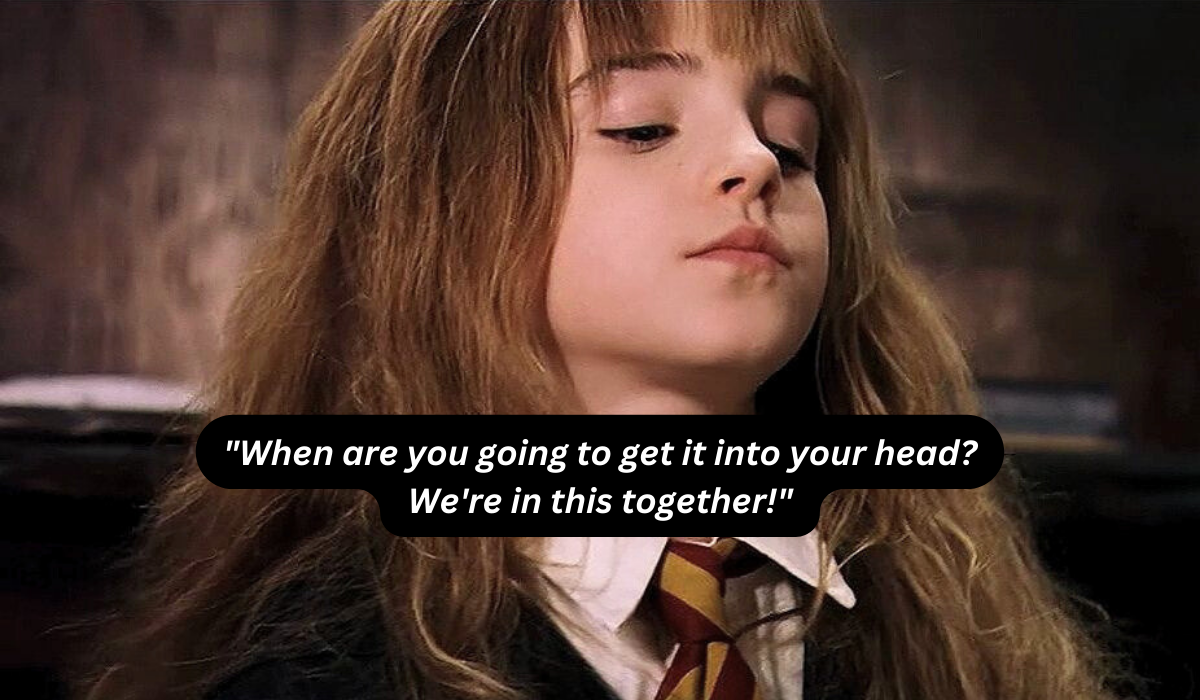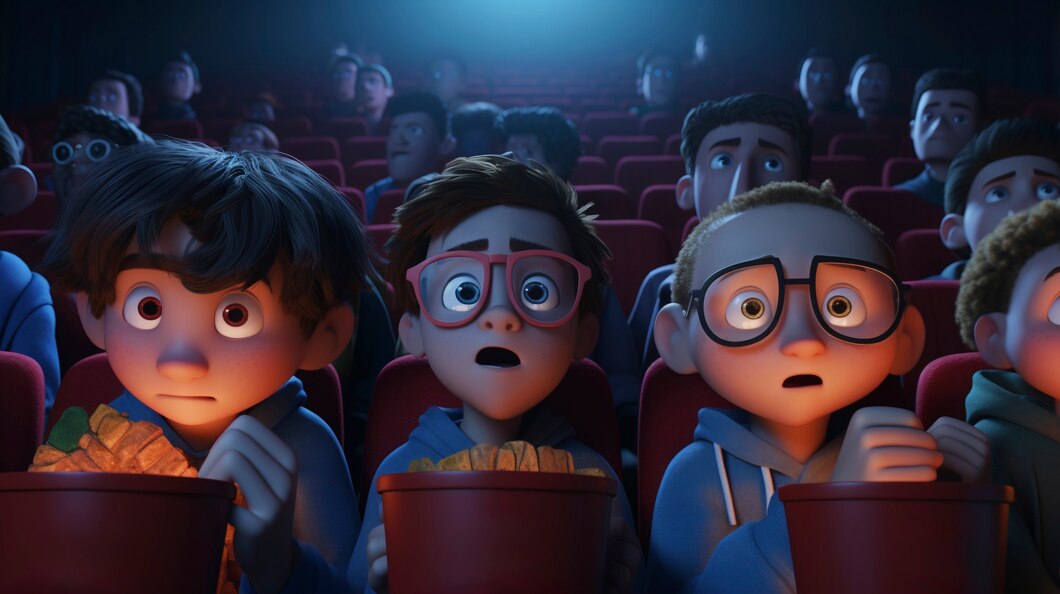Whether they are villains or heroes, fictional characters have the ability to arouse strong emotions in us because of the strong bonds we develop with them. Our shared capacity to empathise with their struggles, feelings, and experiences is the foundation of this connection.
The relatable qualities and values that iconic characters like Batman and Superman—created by Bill Finger, Bob Kane, and Ian Fleming, respectively—represent have made them into cultural icons. Audiences connect with Batman's humane and multifaceted personality as well as his pursuit of justice. Superman, on the other hand, is a beloved character because he stands for hope and the human desire for freedom.

New York World’s Fair Comics (1940)
Because of their inspirational qualities, female characters who are portrayed as intelligent, strong, and compassionate—like Hermione Granger and Elizabeth Bennett—have also become iconic. J.K. Rowling's character Hermione represents courage and intelligence, while Elizabeth from Jane Austen's Pride and Prejudice represents wit and tenacity.

Characters from the world of animation, such as Mickey Mouse, Bugs Bunny, and Buzz Lightyear, have won over audiences all over the world. These characters have endured as timeless representations of happiness, humour, and camaraderie because of their unique personalities and exploits.
The impact of these iconic characters is a testament to the power of storytelling and our innate human ability to connect with fictional entities. Through their stories, these characters evoke a range of emotions, from joy and laughter to sorrow and grief, leaving a lasting impression on those who engage with them.

Fictional characters possess the capacity to surpass their fictitious beginnings and transform into enduring cultural icons that strike a chord with viewers of all ages. Their ongoing appeal is evidence of the universal themes and ideals they uphold, as well as the strong emotional bonds they create with viewers. Storytellers can create narratives that linger in the hearts and minds of their audience by crafting memorable, inspirational, and relatable characters.
When we read a story aloud, we immerse ourselves in the lives of the characters, learning all about them and their experiences in between. We are able to develop strong emotional connections with them through this process, just like we would with actual people. Consequently, we experience happiness when they achieve, sadness when they encounter obstacles, and sadness when they die.
The emotional impact of a character's passing is evidence of both the narrative's potency and our intrinsic empathy as humans. We could experience loss and grief upon the death of a beloved character, much like we would lose a friend or loved one. This emotional reaction is a result of the time and effort we have put into getting to know the characters and following their journey.

Notable character deaths in television and films in recent years have affected viewers for a long time. For instance, the Marvel Cinematic Universe's T'Challa, aka Black Panther, died in a way that was especially heartbreaking because it was a reflection of actor Chadwick Boseman's actual death. Viewers were affected by the character's death not only because they were emotionally invested in Boseman but also because of the character.
Similar to this, Chandler Bing, a.k.a. Matthew Perry, from the famous TV show F.R.I.E.N.D.S left the audience as well as the cast profoundly affected by the tragic loss we all felt through that news as a collective. The cherished 'Mr. Funny Guy', his character was kind and inviting, and provided comedic relief through maybe just his inflections, 'Could it Be anymore tragic?' The way he lingers now after passing away adds to the poignancy of his loss.

These strong emotional bonds we have with fictional characters are evidence of storytelling's power as well as our inherent empathy. Storytellers have the ability to elicit powerful emotions and create unforgettable experiences that linger in our minds long after the story has concluded by crafting characters that emotionally connect with us.
In conclusion, our natural ability to empathise with others and our love of stories are demonstrated by the deep emotional bonds we have with fictional characters. These events, whether it's the demise of a beloved villain or a heroic figure, can stir up powerful feelings and leave enduring memories. Storytellers can produce more powerful and captivating narratives that deeply connect with audiences by grasping the significance of character bonds.
ⒸCopyright 2024. All Rights Reserved Powered by Vygr Media.

























